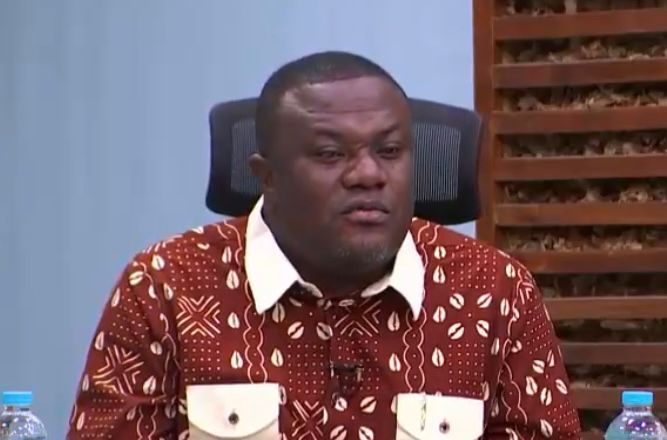The recent announcement of a cocoa farmgate price increase from GHS3,100 to GHS3,228.75 per 64kg bag, effective August 7, 2025, has sparked a mixed reaction, with some praising the government’s commitment to cocoa farmers’ welfare, while others, like MP Collins Adomako-Mensah, find the increment “shockingly” low. This seemingly modest increase, representing a 70% share of the $7,200 per tonne Free-On-Board (FOB) value, has become a focal point of political debate, drawing comparisons to previous administrations and reigniting discussions about fair compensation for cocoa farmers. The MP’s reaction underscores the ongoing tension between political narratives and the economic realities faced by cocoa farmers.
The MP’s “shock” stems from the perceived inadequacy of the increase, especially when viewed in the context of previous price hikes, specifically during the tenure of former President Nana Addo Dankwa Akufo-Addo. Mr. Adomako-Mensah argues that the new price, while technically an increase, fails to adequately reflect the rising costs of production and the overall economic challenges facing cocoa farmers. He draws a parallel to the previous administration’s decision to raise the price per bag from GHS2,100 to GHS3,000, suggesting that posterity will judge Akufo-Addo favorably for his bolder approach to supporting cocoa farmers. This comparison serves to highlight the MP’s belief that the current increment is insufficient and does not adequately recognize the contributions of cocoa farmers to the national economy.
Finance Minister Dr. Cassiel Ato Forson, who chairs the Producer Price Review Committee (PPRC), presented the price increase as a significant improvement over the previous administration’s pricing structure. He emphasized that the new price represents 70% of the FOB value, aligning with President Mahama’s promise to ensure fair compensation for cocoa farmers. Dr. Forson contrasted this with the 63.9% FOB share received by farmers under the previous NPP administration, framing the increase as a tangible demonstration of the government’s commitment to improving farmers’ livelihoods. He also highlighted the 62.58% increase in dollar terms, from $3,100 to $5,040 per tonne, as further evidence of the government’s dedication to enhancing farmer welfare.
However, the narrative presented by Dr. Forson contrasts sharply with the criticisms leveled by the NDC while in opposition. Prior to assuming power, the NDC had advocated for a significantly higher price, demanding no less than GHS5,000 per bag. This previous stance now casts a shadow over the current administration’s decision, highlighting the perceived discrepancy between their promises while in opposition and their actions now in government. The MP’s “shock” likely reflects this perceived broken promise and the sense that the current increment falls far short of what was previously deemed a fair price for cocoa farmers.
The cocoa pricing debate is more than just an economic issue; it is deeply intertwined with political narratives and campaign promises. Both the NPP and the NDC have used cocoa pricing as a platform to demonstrate their commitment to farmers and their understanding of the agricultural sector’s challenges. The current situation, with the NPP MP criticizing the NDC government’s price increase, underscores the politicization of this crucial economic issue. This dynamic highlights the challenges faced by policymakers as they attempt to balance economic realities with political pressures and campaign promises.
Ultimately, the cocoa farmgate price debate reflects a broader tension between opposing political narratives and the tangible economic realities faced by cocoa farmers. The “shocking” reaction of the MP, the government’s justification of the increase, and the historical context of previous promises and criticisms all contribute to a complex and politically charged discussion. The future of cocoa pricing will likely continue to be a central theme in the political discourse, impacting not only the livelihoods of cocoa farmers but also the broader economic landscape of the nation.


